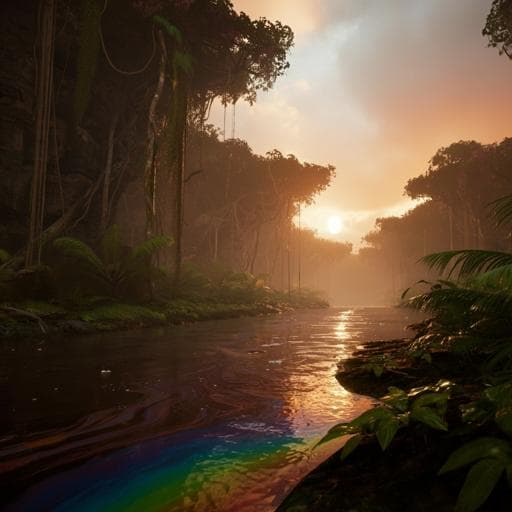
Environmental Studies and Forestry
"This story must be told:" unveiling environmental and social tapestry in Imbolo Mbue's How Beautiful We Were
R. Velu and R. V
This article, written by Roopalakshmi Velu and Rajasekaran V, delves into Imbolo Mbue's *How Beautiful We Were*, exploring its powerful critique of oil culture and the environmental injustices plaguing the Kosawa people. Through a unique eco-narratology lens, it invites readers to consider the urgency of ecological responsibility amidst climate change and corporate greed.
Related Publications
Explore these studies to deepen your understanding of the subject.







